Sustainable palm oil was barely out of the headlines last month, as food firms lined up to announce they would be switching to ’green’ palm oil in their bakery products.
First was Sainsbury’s, which revealed that its own-label digestives and rich tea biscuits would be made with sustainable palm oil, certified by the Roundtable on Sustainable Palm Oil (RSPO), as part of its commitment to move to 100% sustainable supply by 2014. Then came M&S, announcing that it would purchase GreenPalm certificates to cover almost 1,000 products. Some of the first will be cookies and oatcakes, as the retailer moves to 100% sustainable supply by 2015. Ginsters has also signed up to the scheme.
Not to be outdone, United Biscuits let it be known that it had signed an agreement with New Britain Palm Oil to buy segregated, traceable and certified palm oil and would source all its palm oil on this basis by 2011.
The announcements were undoubtedly timed to coincide with the publication last month of a new WWF palm oil buyers’ scorecard, which rated the performance of producers and retailers across Europe on switching to sustainable palm oil. Several bakery companies were listed, with Northern Foods, War-burtons and Associated British Foods fairly low down the list. Sainsbury’s, M&S and Asda featured in the top 10.
"Palm oil production is one of the main causes of deforestation around the world and is a direct threat to species like the orang-utan and the Sumatran tiger, rhino and elephant. Forest loss is also a major contributor to climate change," explained Richard Perkins, WWF-UK’s commodities officer. "Sourcing palm oil from RSPO-certified sources is the most credible way to ensure companies are not adding to these problems. Even if you are a small user of palm oil then customers may well start asking what you are doing to reduce the environmental impacts of ingredients."
Fully traceable, segregated and sustainable refined palm oil is available from suppliers such as New Britain and can be used in biscuits, but most bakery manufacturers actually use palm derivatives such as olein, stearin and fractions, which are not currently available in sustainable, certified forms. This leaves manufacturers with the option of buying GreenPalm certificates.
Under the scheme, run by fats supplier AAK, companies purchase a certificate for every tonne of palm oil they use. This premium is then paid to farmers producing an equivalent amount of sustainable palm oil. Certi-ficates cost around $8, while a tonne of palm oil is around $650.
It sounds simple, but there is confusion in the baking industry. "Sustainable palm oil is a worthy cause, but there are issues that need resolving," said ABIM president Andy Pollard. "It’s not clear who should buy the certificates: the ingredients supplier, the baker or the retailer. It doesn’t make sense for everyone to buy them and it could become confusing."
Judith Murdoch, marketing manager at AAK, said manufacturers and retailers will benefit most from making sustainable claims. "Retailers such as Tesco and Asda are talking to their own-brand suppliers, asking them to move towards sustain-able palm oil by buying Green-Palm certificates in the short term and developing physically segregated, sustainable palm oil in the long term," she said.
The other big issue is the outlay involved in switching to sustainable palm oil. As Pollard said: "Who will foot the cost? Ingredients companies’ margins have been restricted over the years and we would have to pass any extra costs on to our customers, who have also seen margins squeezed. Ultimately we would hope that the extra cost can be passed on to the consumer rather than it having to be absorbed within the already tight margins of those in the supply chain."
These concerns were echoed by several bakery manufacturers we spoke to. "Sustainable palm oil is on our radar, but there are challenges in terms of getting hold of the right quality for our products and the extra costs involved," said one biscuit manufacturer.
Another supplier added: "The big boys are pushing for sustainable palm oil but there is a cost implication and, in most cases, the producer ends up paying for it."
Despite these fears, there are signs that the big retailers are willing to help shoulder the burden. M&S said it would pay for the GreenPalm certificates itself, while Judith Murdoch is confident other retailers will also pitch in. "From my discussions, it seems that retailers are willing to take some of the extra cost into their business," she said.



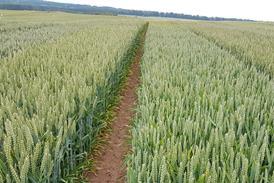

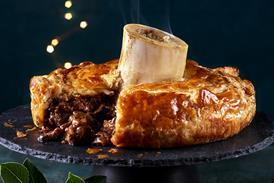



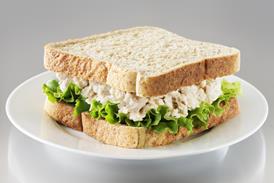



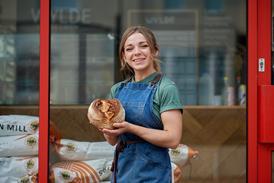
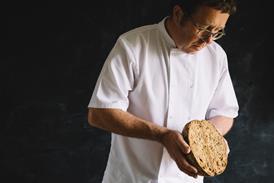
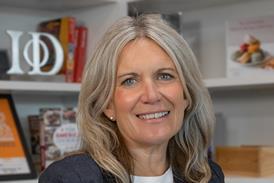










No comments yet